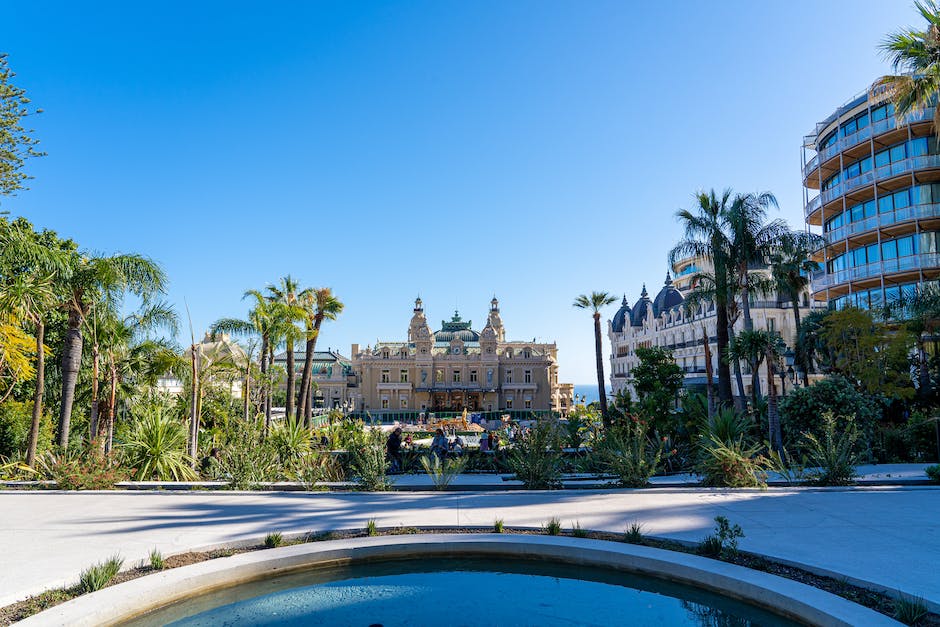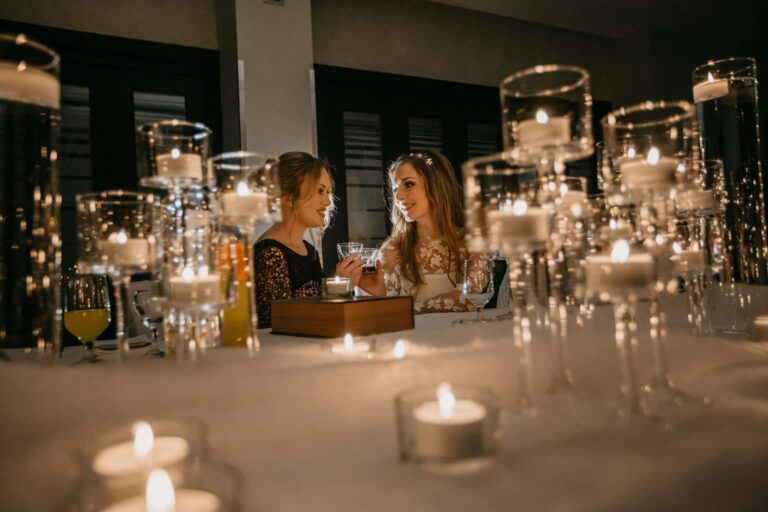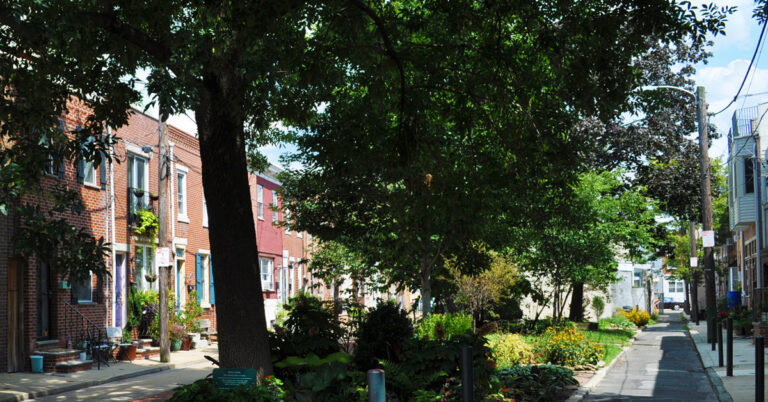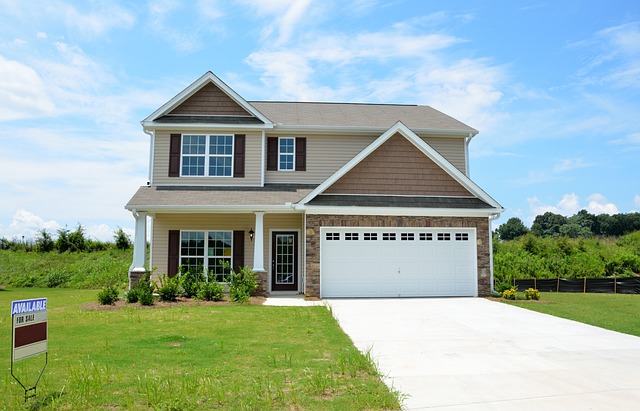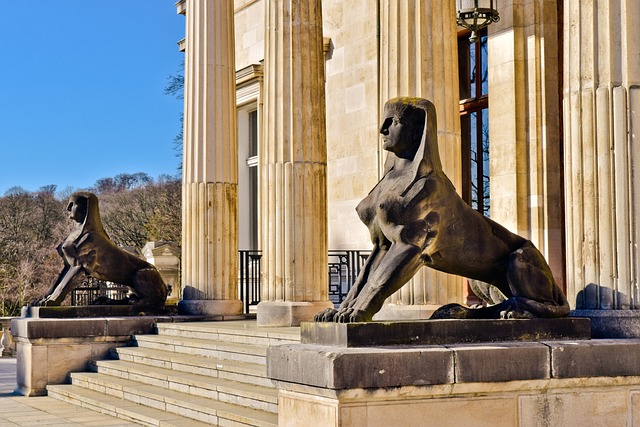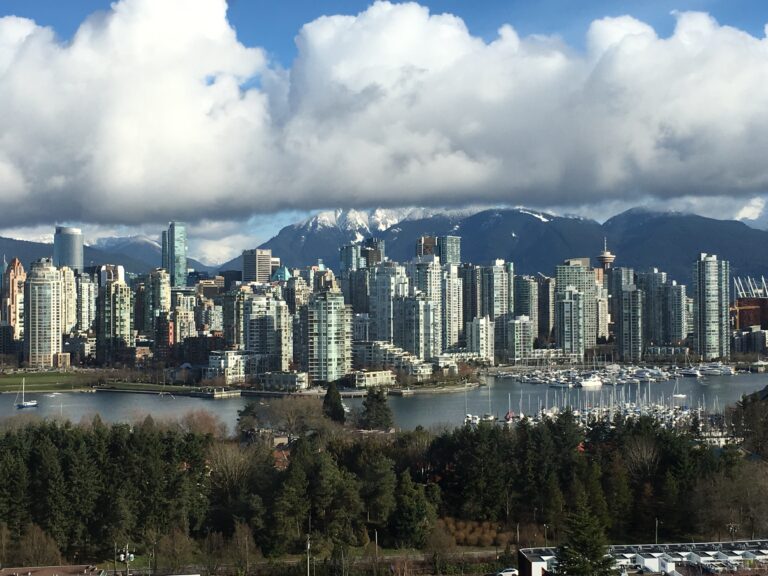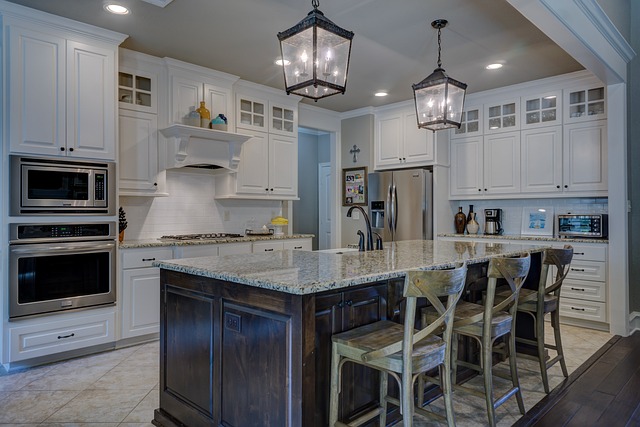What Language Do Monaco Speak
What Language is Spoken in Monaco?
Intro: In the enchanting realm of Monaco, a small yet captivating country nestled on the French Riviera, language weaves a fascinating tapestry of communication. As you step into this exquisite Mediterranean haven, you might wonder, “What language do the people of Monaco speak?” This question unravels a story of linguistic diversity and cultural fusion that mirrors the nation’s unique identity. Join us as we unveil the linguistic threads that unite Monaco’s vibrant community and facilitate their daily interactions.
Table of Contents
- The Language Landscape of Monaco
- Influence of the French Language in Monaco
- Monégasque: The Local Language of Monaco
- Welcoming Multilingualism in Monaco
- Preserving Language Diversity in Monaco
- FAQs
- The Conclusion
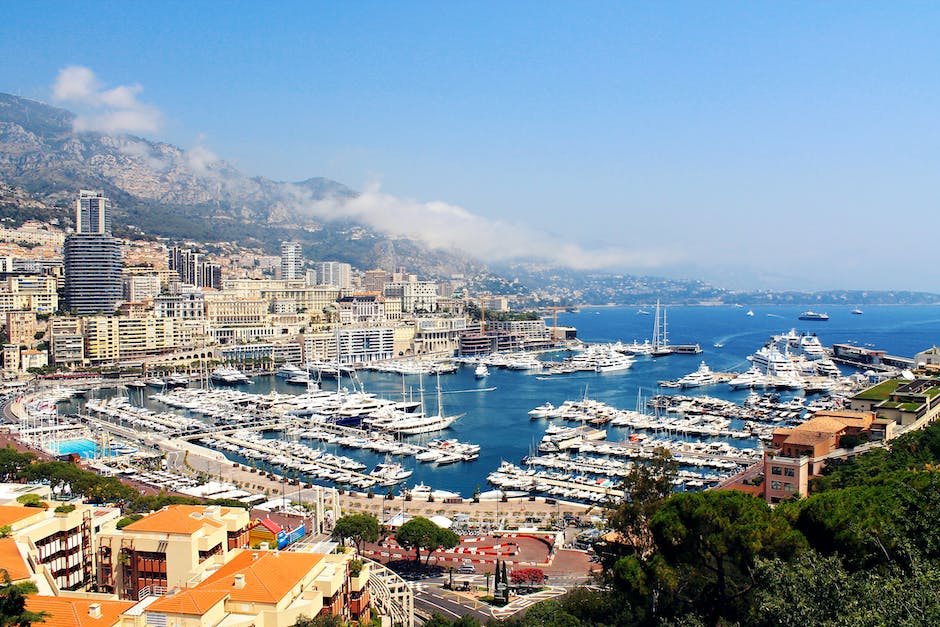
The Language Landscape of Monaco
Monaco’s language landscape reflects its unique cultural blend and international appeal. With its official language being French, you will hear this romantic language being spoken in various settings, from government institutions to schools and businesses. English also plays a significant role, thanks to the large expatriate community and the tourism industry. It’s quite common to come across people conversing in English, especially in tourist areas, hotels, and restaurants.
In addition to French and English, other languages leave their mark on Monaco’s linguistic mosaic. Italian, due to its proximity to Italy, is widely understood and spoken, adding yet another layer of linguistic richness. Additionally, Monegasque, a variety of Ligurian language, is cherished by the locals and taught in some schools. This indigenous language reflects Monaco’s deep-rooted cultural heritage and is predominantly spoken by the older generation.
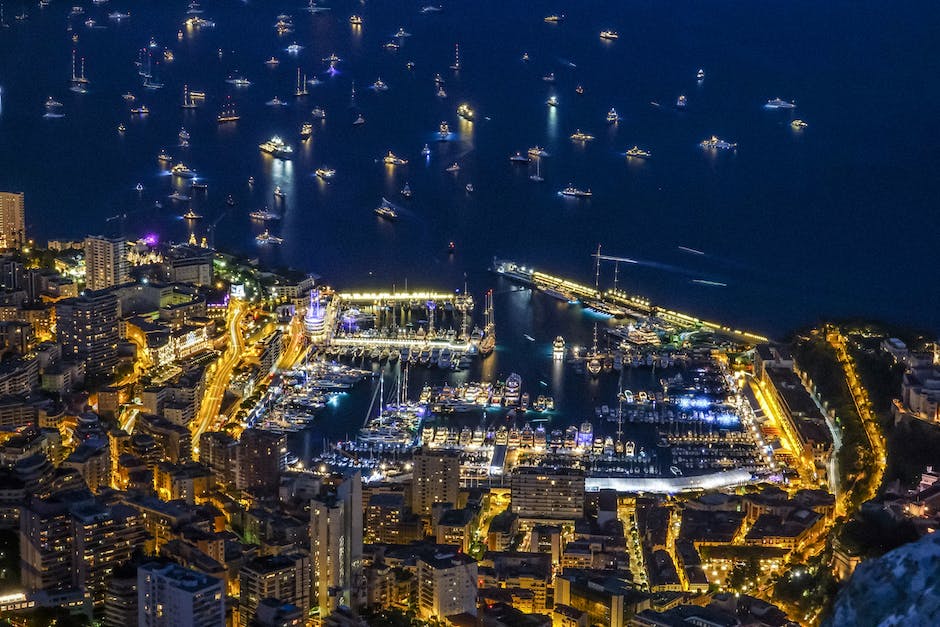
Influence of the French Language in Monaco
Monaco, renowned as a haven of luxury and prestige, owes much of its cultural identity to the influence of the French language. Imbibed in every aspect of life, from education to commerce, French takes center stage in Monaco’s linguistic landscape, deeply embedding itself in the social fabric of this elegant principality.
The impact of the French language can be witnessed in the education system, where French is the primary language of instruction. From an early age, Monégasque children are immersed in a French-speaking environment, equipping them with the necessary linguistic skills to thrive in the country. Furthermore, French language proficiency is highly valued and sought after, with prestigious French-language institutions like the Lycée Albert Ier ensuring excellence in education. The prevalence of this language not only ensures effective communication within the principality but also opens doors to a wealth of opportunities beyond its borders.
In addition to education, the French language dominates the realms of commerce, administration, and tourism in Monaco. The official documents, such as legal papers and government communications, are predominantly written in French. Furthermore, French is the preferred language in the bustling marketplace, where international traders and locals alike engage in negotiations and transactions. This linguistic unity fosters a sense of cohesion and ensures seamless communication across diverse sectors. Moreover, the influence of French in the tourism industry cannot be understated. As visitors from around the world flock to experience Monaco’s elegance and grandeur, a strong command of French undoubtedly eases their interactions and enhances their overall experience.
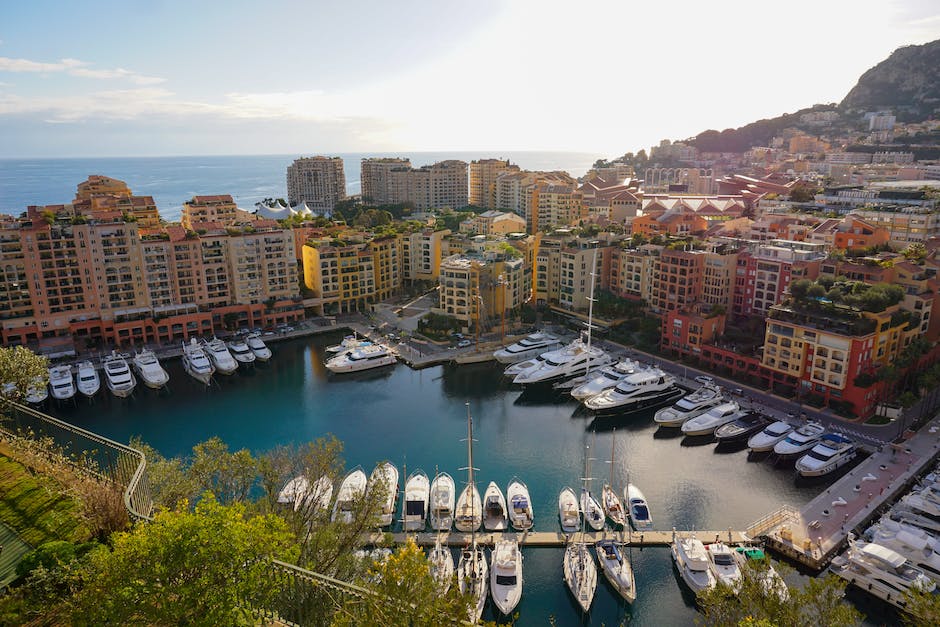
Monégasque: The Local Language of Monaco
Monaco, a small yet prosperous country located on the French Riviera, boasts a unique linguistic treasure known as Monégasque. This distinct local language, predominantly spoken by the native population, is an essential part of Monaco’s cultural identity. Monégasque is descended from Ligurian, a language that was once spoken across a vast region stretching from the Italian Riviera to Provence. Over time, Monégasque developed its own distinct features, setting it apart from its linguistic relatives.
One notable characteristic of Monégasque is its phonetic complexity, with a wide range of sounds that may initially pose a challenge to language learners. However, this intriguing linguistic tapestry is well worth exploring, as it offers a fascinating glimpse into Monaco’s rich history and heritage. The language itself manifests in various dialects, taking into account the nuances of different regions within the country. While French serves as the official language of Monaco, Monégasque holds a special place in the hearts of the residents who strive to preserve and pass down their linguistic traditions to future generations.
To understand Monégasque, it is essential to delve into its vocabulary and grammar, where one can uncover its unique intricacies. The language encompasses loanwords from neighboring languages, such as French and Italian, but also maintains an array of indigenous terms that capture Monaco’s distinct cultural phenomena. Whether you’re fascinated by linguistic diversity or simply seeking to immerse yourself in the local culture during a visit to Monaco, exploring the beauty and intricacies of Monégasque is sure to leave you captivated. From the rhythmic pronunciation to the syntax that dances across the tongue, Monégasque beckons you to embrace the linguistic tapestry of this enchanting principality.
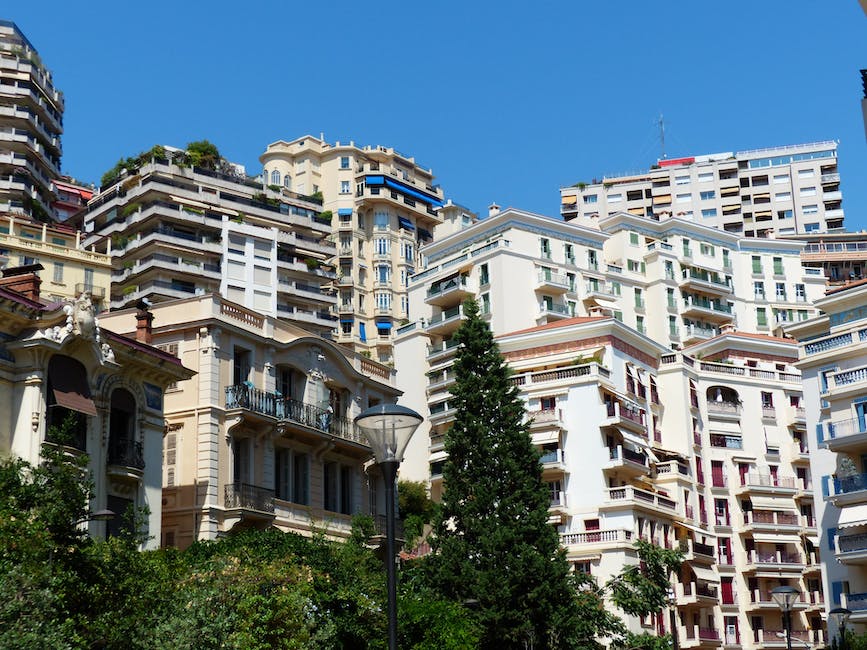
Welcoming Multilingualism in Monaco
Monaco, a melting pot of cultures and identities, embraces multilingualism with open arms. Communication in this Mediterranean paradise transcends barriers, fostering an inclusive and vibrant society. With the population consisting of diverse nationalities, languages other than French have become an integral part of everyday life. This linguistic diversity not only adds flavor to Monaco’s social fabric but also contributes to its international appeal.
In this linguistic paradise, you will find an array of languages that coexist harmoniously. Whether it’s English, Italian, Spanish, or Russian, it’s common to hear a variety of languages being spoken within the principality. Being fluent in multiple languages has become essential for residents and visitors alike, enabling seamless interactions and fostering a sense of unity and mutual understanding. This multilingual base has also given rise to a plethora of language schools and educational programs, catering to the curiosity and desire to learn new languages. So, whether you’re a polyglot or just starting your language-learning journey, Monaco’s multilingual environment warmly embraces and supports your linguistic endeavors.
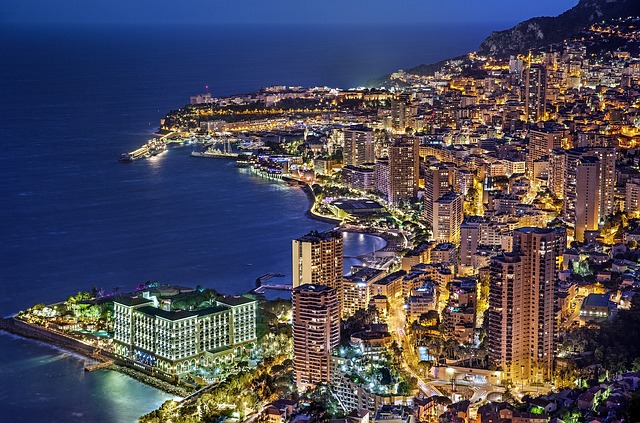
Preserving Language Diversity in Monaco
Monaco, a small but vibrant country nestled on the French Riviera, is not only known for its glamorous casinos and breathtaking scenery but also for its rich linguistic tapestry. Despite its compact size, Monaco is home to a diverse array of languages, spoken by its cosmopolitan population. This linguistic diversity not only showcases the multicultural nature of the country but also plays a significant role in preserving the unique traditions and heritage of its inhabitants.
One of the primary reasons for the preservation of language diversity in Monaco is the country’s commitment to bilingual education. From an early age, Monégasque children are taught both French and Monégasque, the official language of the country. This approach not only ensures that the native language is passed down through generations but also fosters a sense of pride and identity among the Monégasque people. Additionally, the inclusion of other languages, such as English and Italian, in the school curriculum further promotes language diversity and prepares the younger generation for the globalized world.
Another factor contributing to the preservation of language diversity in Monaco is the celebration of cultural festivals and events. Throughout the year, the streets of Monaco come alive with vibrant festivities showcasing the traditions, music, and languages of different communities. From the Monégasque National Day to the vibrant Carnival celebrations, these events provide a platform for various linguistic communities to share their language, keeping it alive and thriving. By celebrating and promoting different languages, Monaco nurtures an environment that encourages linguistic diversity, fostering a deeper sense of cultural understanding and inclusivity among its residents.
In conclusion, Monaco’s dedication to bilingual education and the celebration of cultural festivals serves as the bedrock for the preservation of language diversity within the country. By ensuring the passing down of native languages and providing platforms for linguistic communities to thrive, Monaco stands as a shining example of embracing multiculturalism and safeguarding linguistic heritage. With each language spoken, Monaco’s rich tapestry expands, reinforcing its position as a truly unique and diverse nation.
FAQs
Q: What language do the people in Monaco speak?
A: The people in Monaco primarily speak French.
Q: Is French the only language spoken in Monaco?
A: No, alongside French, Monégasque and English are also widely spoken in Monaco.
Q: What is Monégasque?
A: Monégasque is a dialect of Ligurian, a regional language spoken in certain regions of Italy and France. It is predominantly spoken by the older population in Monaco.
Q: How prevalent is the use of English in Monaco?
A: English is commonly spoken in Monaco due to its status as an international business hub and its significant expatriate community.
Q: Do the locals understand English?
A: Many locals in Monaco have a good understanding of English, particularly those working in the tourism, hospitality, and business sectors.
Q: Can I get by with just English in Monaco?
A: Yes, you can generally get by with just English in Monaco, especially in areas frequented by tourists and in major establishments.
Q: Is it recommended to learn a few basic French phrases when visiting Monaco?
A: While not necessary, learning a few basic French phrases can be helpful and is appreciated by the locals. It can enhance your experience and interactions during your visit.
Q: Are there language schools in Monaco to learn French?
A: Yes, there are language schools and institutes in Monaco that offer French language courses for all proficiency levels.
Q: Can I live in Monaco without knowing French?
A: It is possible to live in Monaco without knowing French, but learning the language can greatly ease your daily life and enhance your integration into the local community.
Q: Are there any language resources available for learning Monégasque?
A: Yes, some resources, including books, language courses, and online materials, are available for learning Monégasque. However, it is a less commonly taught language than French.
To Conclude
In conclusion, the language spoken in Monaco is mainly French. It is the official language and is widely used in day-to-day communication, business, and education. While French is predominant, you may also find English and Italian spoken due to the diverse international community. It is worth noting that the Monegasque language, a variant of Ligurian, is still spoken by a small percentage of the population and efforts are being made to preserve it. So, if you’re planning a visit to Monaco, brushing up on your French would definitely come in handy!

